Many organizations view ERP software primarily as an IT issue. But IT is a means, not an end. ERP is about improving your organization, enabling you to achieve your ambitions. And so your ERP vendor must be a business partner who thinks along with you on a strategic level. But is your ERP vendor ready for this challenge?
Industry specialists vs. customers in every industry
To be a full-fledged strategic sparring partner, your ERP vendor must know your type of business inside out. Have experience helping similar companies. You don't want to have to explain to the ERP vendor how you work and how your processes are set up. No, you want to hear what the most optimal way of working is, how processes can be more efficient and how you can become more profitable. You need specialists in your industry. An ERP vendor that serves only one industry wants to specialize in how best to serve these customers, while an ERP vendor with many customers in a variety of industries has the goal of selling as much as possible.
Realizing ambitions vs. focusing on the software
How does your ERP vendor view or see its role in implementation? A business partner wants to make your company work more efficiently and effectively so that you achieve your growth goals. A software vendor wants to sell and implement a functionally sound system without regard for how it will help your organization. With a business partner, the success of your organization is number one and the software is secondary to that. Of course you want an ERP system that works well, but that is not the goal in itself. After all, that doesn't make any money. Processes that are organized and automated faster, better and without errors yield profits.
"For a business partner, going live is precisely the starting point rather than the end."
Continuous contact vs. just call if there is something
The implementation is over, you are live and all the company is working with the new ERP system. How to proceed now? A software vendor will disappear from the picture and only come back to sell you more or when you report a problem. For a business partner, going live is the starting point instead of the end. The start of an intensive cooperation to ensure that your company continuously benefits from automation. For example:
- Implement additional functionalities and solutions deliberately saved for a phase after going live.
- Monitor the use of the software and make optimizations where necessary, either functional or process adjustments.
- Proactively approach your organization to changes in laws and regulations and industry developments that affect automation requirements.
- Thinking with you during important new steps of your company, such as an acquisition, new branch, a new target group or new products.
Getting what you need vs. getting what you ask for
"You ask, we turn." Unfortunately, it still happens too often that ERP projects start with a long list of functional requirements that all or as many as possible must be realized in the system. You then get what you've asked for, but it costs a lot of time and money with no improvement. You should get just what you need. A partner who tells you how things can be done better, who has insights you don't have, who brings about changes that lead to success. That is what a business partner does and what a software vendor does not.
Philip van Kemenade is marketing manager at Dysel and has daily contact with end users of software.
